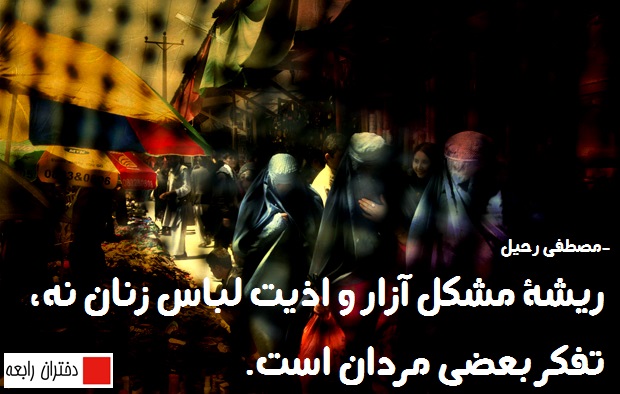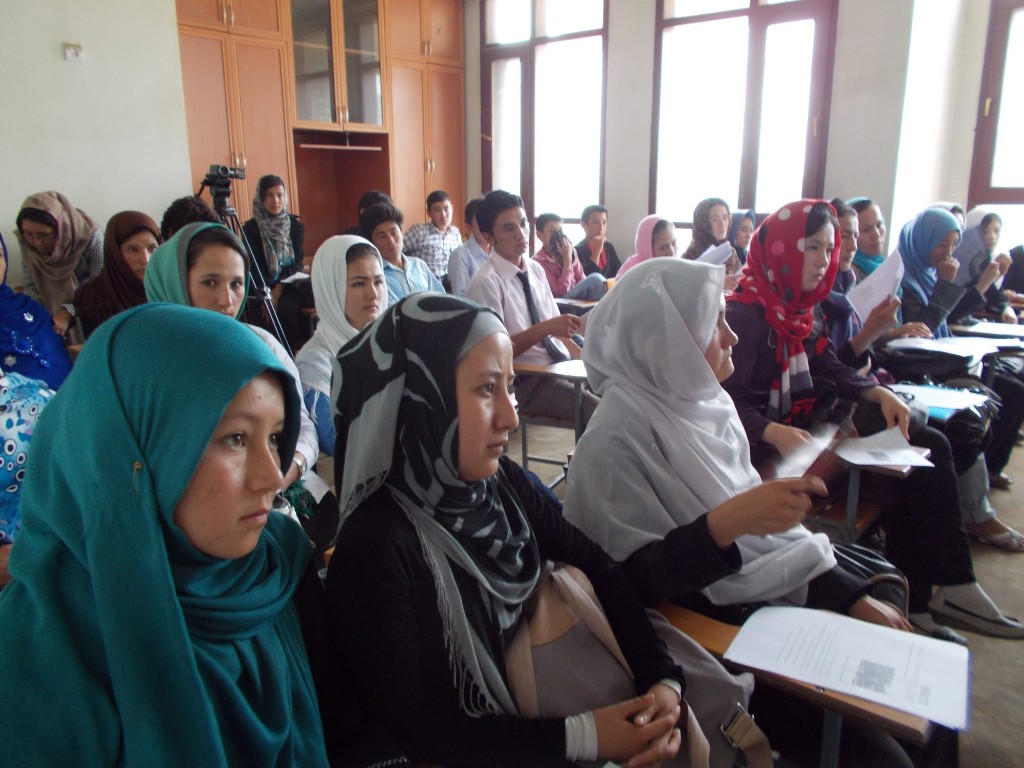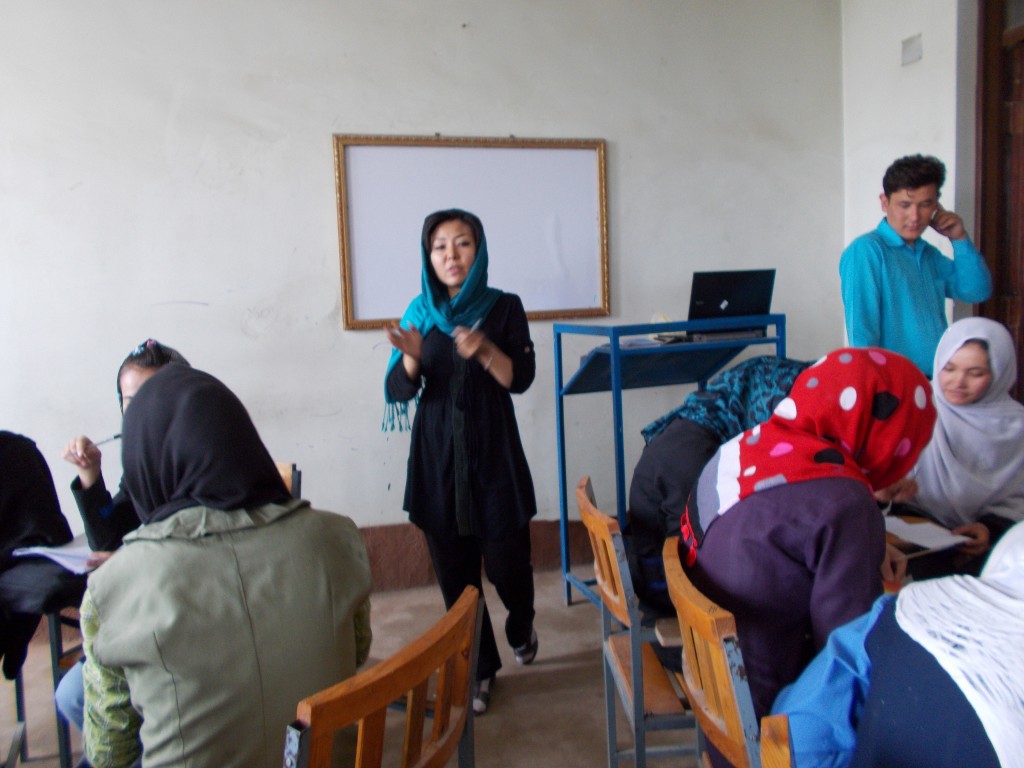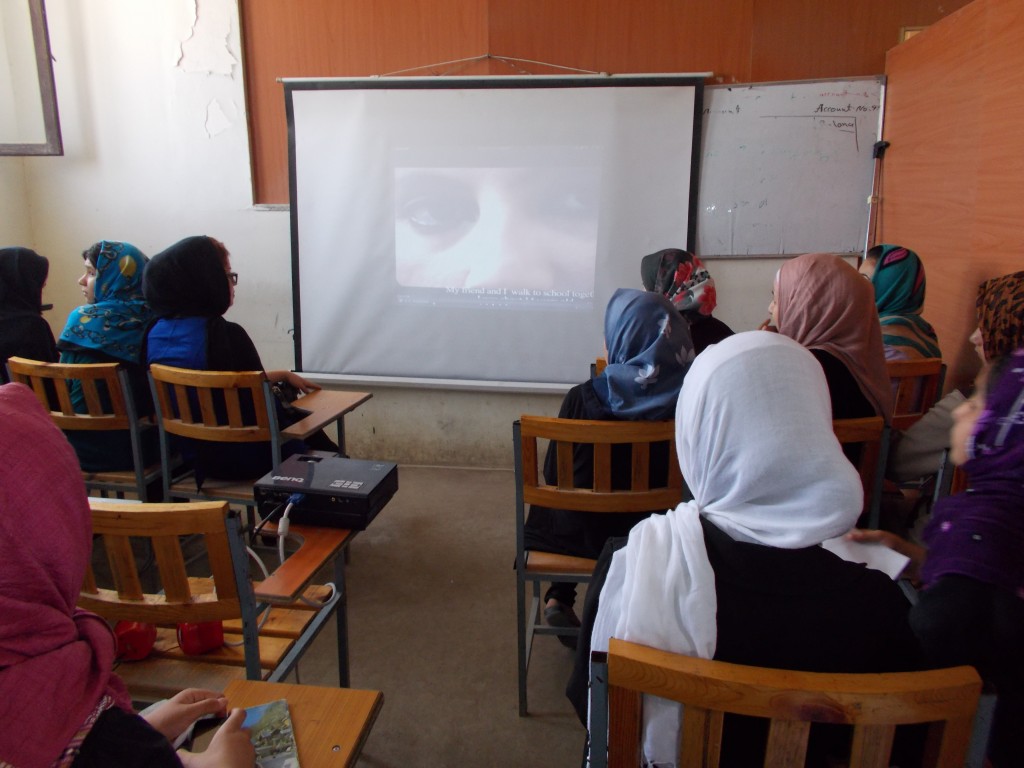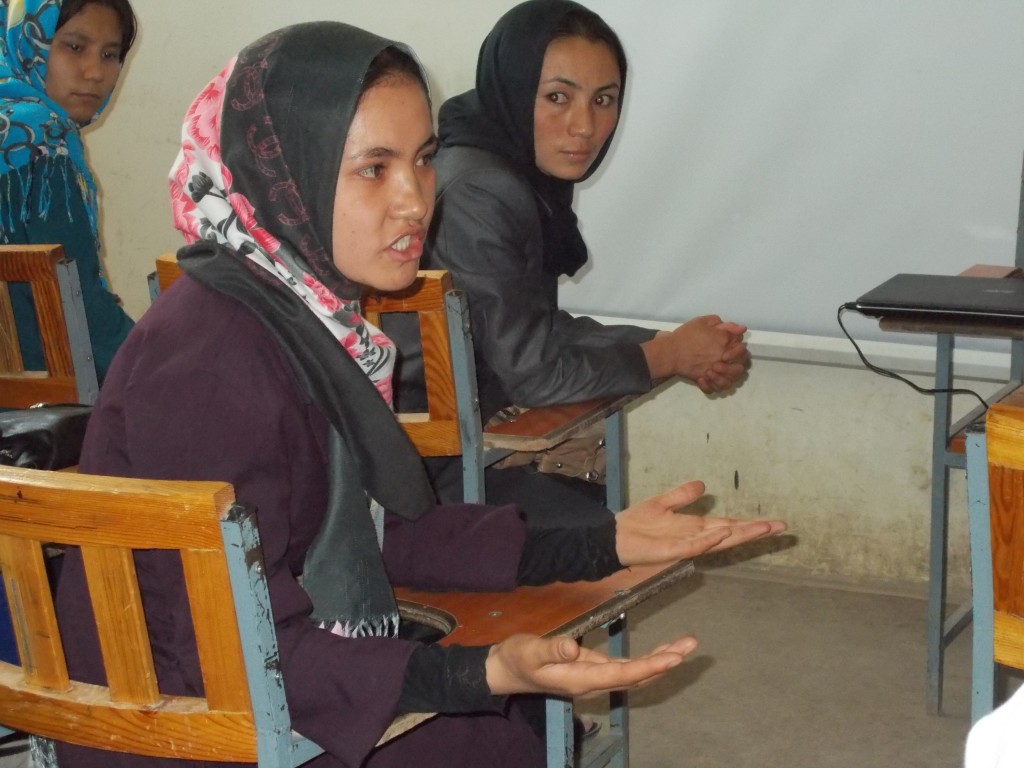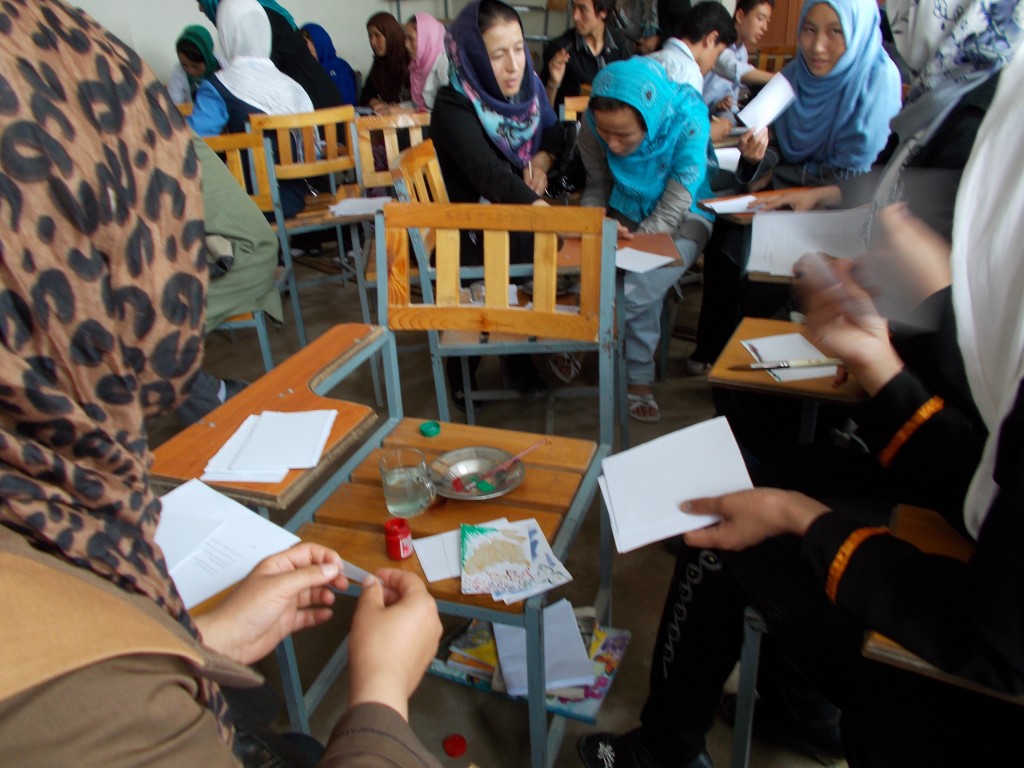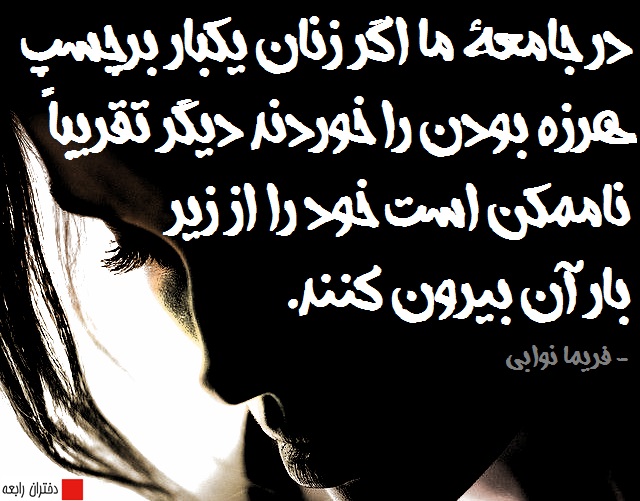
Guest Blog Post for International Anti-Street Harassment Week 2015
When I speak about street harassment, I notice the ears of men go red. I wish it was out of shame or fear of it. Women face many different kinds of harassment and abuse in our society: physical, sexual and or mental.
I have often thought about how mental abuse and harassment can be one of the worse methods of marginalizing women. This kind of harassment cannot be seen and pointed to, but it can leave a lasting impact on people’s emotional and mental health. Unfortunately, I have also noticed that most women tolerate this kind of abuse in silence for many difference reasons. One of the reasons may be that they feel standing up to defend themselves is not effective. Especially in Afghanistan where religion and traditions have been mixed and hard to distinguish from one another, it is hard to prove to men that their behavior and the harassment they perpetuate is unjustified. In addition, these men have access to many different weapons to justify their behavior and silence anyone who objects. When it comes to shutting women up, the most efficient weapon has been character assassination.
Opinionated and educated women are more likely to be hunted down by this weapon because they are viewed as a threat to patriarchy. The men who attack these women know very well that if a woman is known as being promiscuously or immoral, it is nearly impossible for her to free herself of that label. Therefore, it is not a coincidence that usually women are attacked when they disobey the laws of our patriarchal society and stop bowing their head to misogynistic systems and structures. When women don’t submit to men’s power and desires, take ownership of their own bodies, view themselves as more than commodities and things or speak up using logic, their character is immediately assassinated.
The literature of this form of terror is simple, but specific. It is enough to call a woman certain things over and over at different settings and venues in order for her to be delegitimized. These words include but are not limited to promiscuous, immoral, prostitute, whore, infidel, man-hatter, angry, bitch…. Isn’t it fascinating that there are no male equivalents for the words bitch, whore, slut…?
If one tries to fight harassment by talking to misogynists as two fully developed human beings who are deserving of equal rights, if one decides to respect oneself and not give into this myth of female inferiority, one is immediately labeled shameless. If one uses logic, she is called infidel. If one points out to inappropriate behavior by men, she is called a man-hater.
Standing strong despite the devastating effects of these words is not easy, especially if a woman wants to have some public approval and impact. These words cause long term emotional and mental issues. They destroy women’s confidence and exhaust them. They break women’s spirits and tear them to pieces. Perhaps that is why one should learn how to gather one’s pieces and stand against the angry wave of misogyny.
By Farima Nawabi, cross-posted from the Dukhtarane Rabia (Daughters of Rabia): A blog on social justice in Afghanistan
Poster text: In our society, if a woman is known as being promiscuously or immoral, it is nearly impossible for her to free herself of that label.


